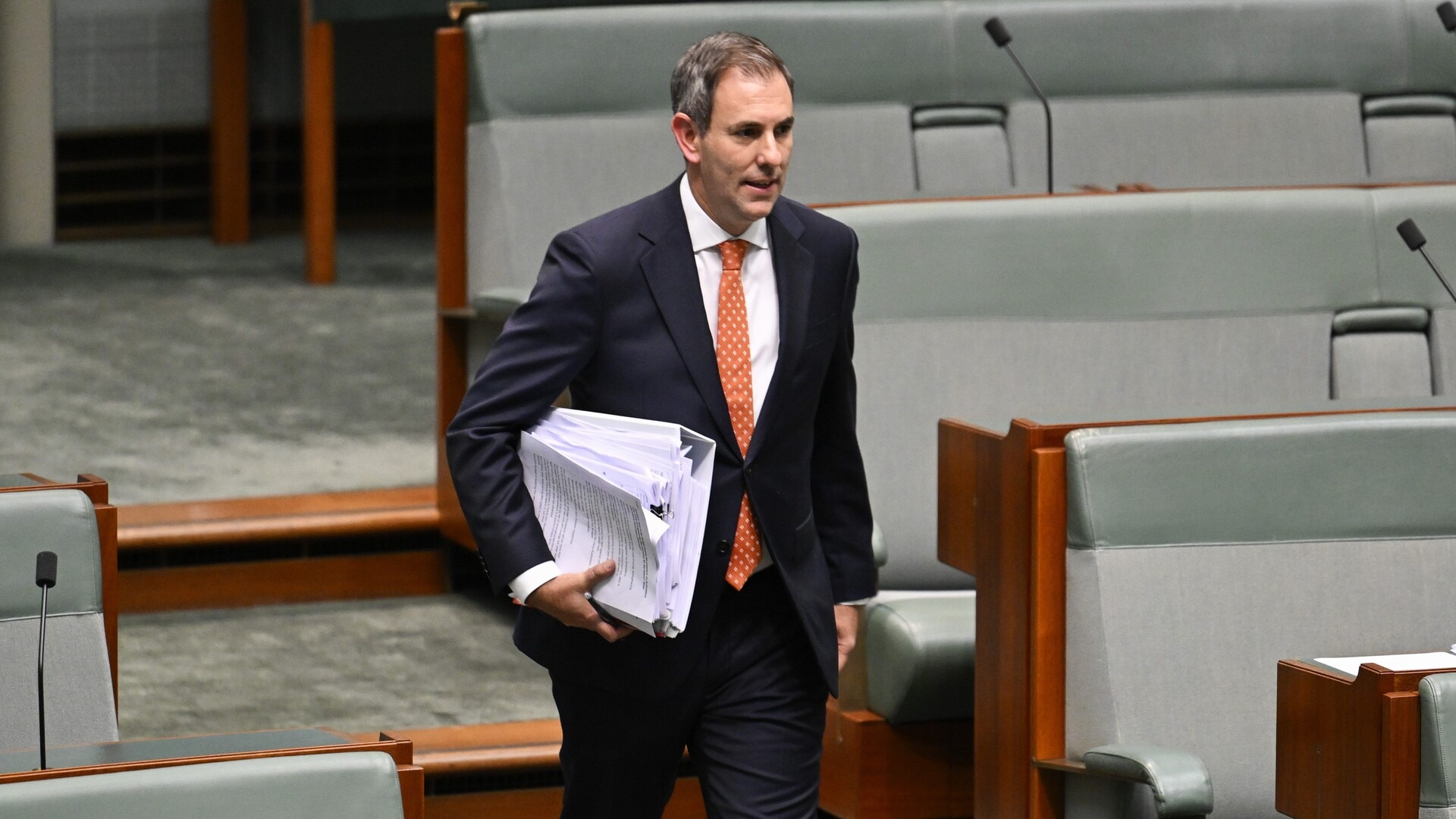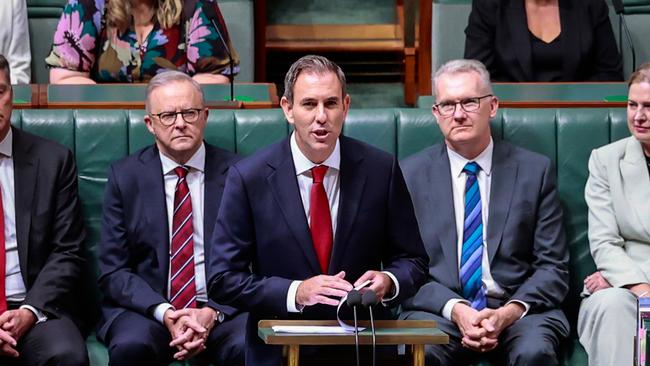
The Albanese government would have been pleasantly surprised at the lack of controversy created by their proposed family business value reduction legislation
But in coming weeks, owners of the impacted enterprises will discover that what they thought their business was worth – and often have recorded in the business as good will – is now far too high.
Most successful family service businesses have relatively small base capital investment compared to their value and are not listed. Those that are listed will see their share price fall if the ALP is returned to power.
Some will have borrowings, so the bankers and private lenders will be taking a second look at their security. Banks often insist on residential property security – the family owners put their house in the line. Private lenders usually put a value on the cash generation of the business, so are at greater risk. They have been increasing market share.

The key to the value of these businesses is their customers and staff. The ALP is telling these business owners that if returned to government the ALP proposes legislation that states if enterprises hire staff with salaries of less than $175,000, those staff are free to leave the business and poach their former employer’s staff and customers.
Renegade employees can either start their own business or join a rival. But it could get worse. The ALP is also considering giving client and customer poaching rights to existing employees who have salaries well above $175,000, which would be even more devastating to medium-sized service businesses. Those enterprises that have grown usually thrived because they created productivity in parts of Australian business.
To safeguard their revenue base, many will have to operate in ways that cocoon information and customers, so employees are not exposed to the total way the business operates. This reduces the productivity of the service businesses and their ability to help their clients. Family businesses thrive by sharing information with employees.
In small enterprises – the budget papers mention hairdressers – the owner often puts the family residence on the line with banks to fund equipment etc. Their staff are set to be empowered to “steal” customers and take them to a rival. Family residences will be put in jeopardy.

Just as the industrial relations legislation was designed to reduce Australian productivity, so the new proposed legislation, if passed, will have a similar impact.
To be fair, its advocates say it will lift productivity by creating greater competition. In addition, employees will gain greater rewards by being free to leave. Those rewards and the greater short-term competition will be at the expense of the value of existing business. Longer term, such “sugar hits” often backfire.
For example, the enterprise that has been enriched by the poaching of a rival’s customers and employees will itself be vulnerable to the same process. Enterprises will stay small.
In most service businesses, what currently occurs is that staff have a negotiated termination agreement that can involve up to three months’ notice.
Separately from that, there are non-compete clauses which prevent staff who are leaving from poaching their former colleagues and customers for a period of time. It is normally about six months.
After that period, the resigning staff member is free to approach their old customers and colleagues. But the base business has had time to connect their customers with new people and therefore have a much better chance of retaining those customers than if they were approached immediately their main contact leaves the business. And the same applies to recruiting former colleagues.
This is not an issue that will sway the election although the vast number of medium-sized businesses, when they understand the impact of the proposed legislation on the value of their enterprise, will almost certainly explain to their staff that the high rewards currently being paid reflect the value of the business. In time, those rewards will therefore come down.
Fewer people will start these enterprises and if they do, they will restrict the number of staff they hire, reducing their vulnerability to the ALP’s actions.
If a service business wants to extend via acquisition, they will find it harder to gain the funds and, of course, if they are buying a business that is subject to the new legislation, they will need to be very careful how much they pay. Staff without legal non-compete clauses can walk out and take the customers that have been sold.
The ALP says the legislation is designed to increase competition and productivity. Obviously in some cases that will be correct, but in the longer term it will lower Australia’s productivity and restrict this fast-growing area of Australian operations.
We may have to rely on overseas companies with larger capital bases to provide more of our services.
The legislation is not planned to come in until 2027 and it is possible that existing contracts at the time of the legislation could remain valid, but nobody can be certain until the rules have been established.






The value of one of the fastest-growing, family-owned segments of the Australian business community – medium-sized service businesses – is set to be reduced by the budget measures.